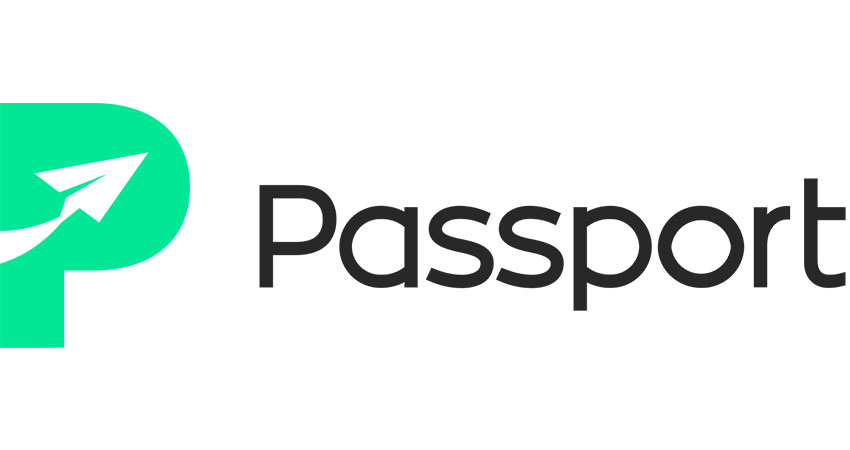Passport, a provider of international parcel shipping services, has raised $12 million in a Series A round to build out its parcel supply chain network for ecommerce and DTC brands. The round was by M13 and included Resolute Ventures, Precursor, Kleiner Perkins, RiverPark, and Republic.
Among other things, Passport handles international customer service inquiries, calculates and collects foreign duties and taxes in the seller’s cart so they can offer DDP orders, aids in compliance with complex UK and EU VAT rules and helps shippers navigate international carriers and customs brokers. Right now, the focus is on U.S. outbound shipping, but a solution for returns processing for Canadian orders is coming in Q1.
Passport founder and CEO Alex Yancher said his experience as co-founder of Lynx, an international personal shopping site, made him realize the difficulties in cross-border shipping and logistics. Once he figured it out, he realized he could offer international parcel shipping services to others, so he started Passport in 2017.
“We helped people from all over the world buy from U.S. sellers,” Yancher said. “I built a network of carriers to achieve global coverage. It was incredibly challenging and complex, not only the number of parties involved but collecting and paying accurate duties and tax and managing international support inquiries as well as regulatory compliance and returns.”
Yancher said Passport’s software sits on top of platforms like ShipMonk and Shopify via an app to help shippers calculate and collect international duties and taxes. It also connects with shipping software providers like EasyPost, Proship, Desktop Shipper, Shippo and Deposco, enabling merchants to print labels at their fulfillment center. Lastly, Passport integrates with WMS providers and with ReCharge to handle subscription payments. “It’s a pretty rich ecosystem to facilitate global parcel freight,” he said.
Yancher said he’s often asked by brands when they’ll know it’s the right time to move to cross-border ecommerce. He reminds them, it’s already happening.
“Modern brands are international from day one, whether they intend it or not,” he said. “Via Instagram, TikTok and Google, and working with influencers, their site is accessible to everyone. Plus, acquisition costs are often a fraction of what they are in the U.S. Brands can choose to monetize it, ignore or be somewhere in the middle. We see a huge opportunity to address that for them, and it’s important that they have more diverse revenue sources in different countries.”

